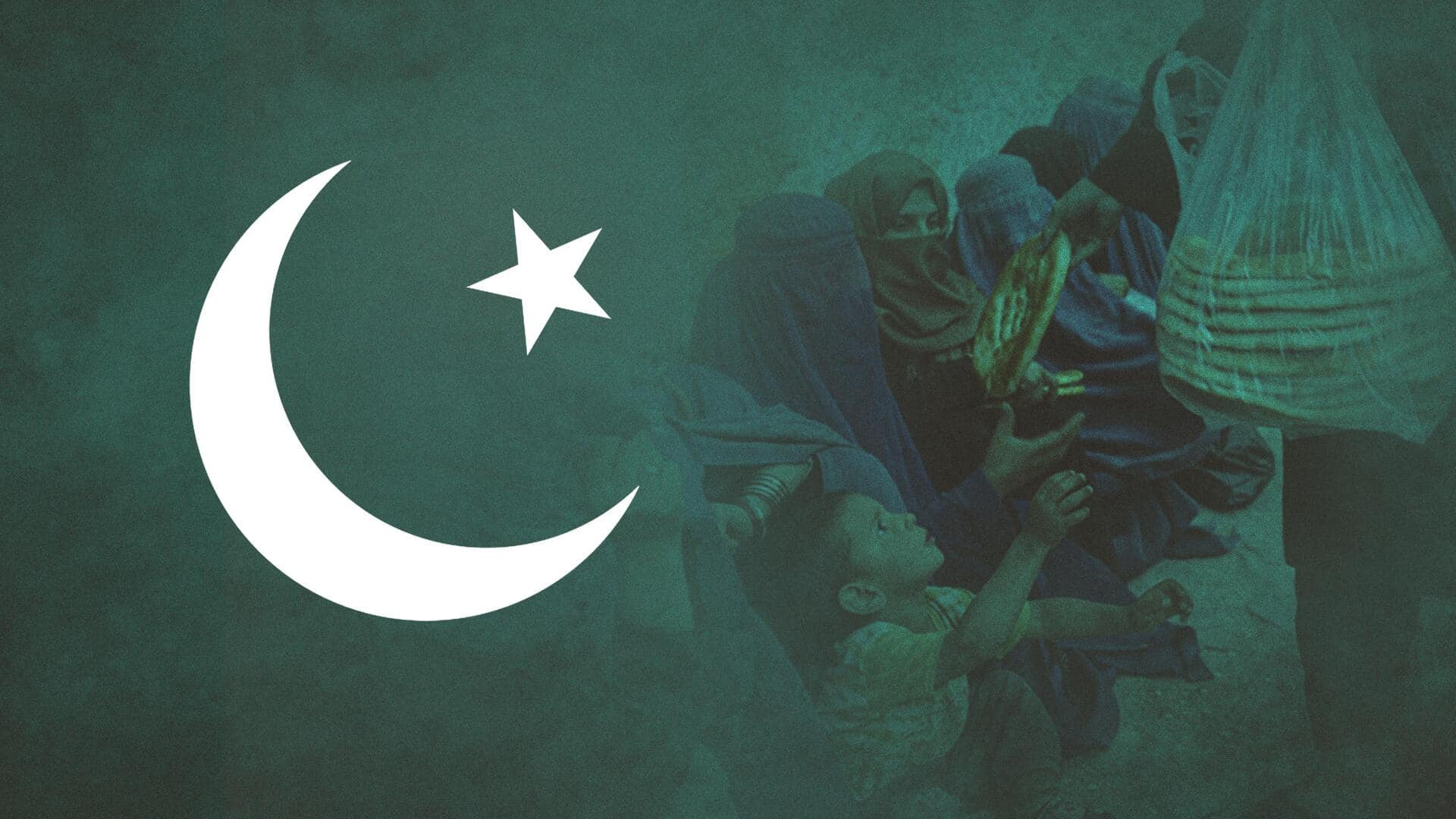
40% of Pakistanis now live below poverty line: World Bank
What's the story
Pakistan is battling a major poverty crisis, with 40% of its population currently living below the poverty line, news outlet Dawn reported, citing a World Bank report. Furthermore, the international financial institution's report also suggested the country needs to go over its policy decisions, which are driven heavily by the vested interests of the business, military, and political leaders.
Details
World Bank flags key areas for Pakistan's economic reforms
Pakistan-based news outlet The Express Tribune reported the World Bank attributed the country's poverty crisis to poor economic conditions, as approximately 95 million Pakistanis now live in poverty. The institution also highlighted low human development, over-regulated private sector, unsustainable fiscal situation, and energy and agriculture sectors as priority areas for the next government to reform.
What Next?
Proposed tax measures for economic stability
Proposing ways Pakistan can enhance its revenue-to-gross domestic product (GDP) ratio by up to 5%, the World Bank suggested withdrawing tax exemptions and raising taxes on agriculture and real estate sectors. The institution has also urged Pakistan to tax these two sectors to establish financial stability through a steep fiscal adjustment of over 7% of the size of its economy.
More details
Looking at Pakistan's poor real per capita growth rate
The international financial institution also claimed that Pakistan's real per capita growth rate was around 1.7% from 2000 to 2020, significantly less than half the average growth rate for South Asian nations. On the other hand, the country is equally struggling with human development crises, particularly with high child malnutrition rates and poor learning outcomes.
Insights
Prioritizing reforms to alleviate poverty
Meanwhile, World Bank's Country Director for Pakistan, Najy Banhassine, emphasized that Pakistan needs to change its course to avoid becoming a perpetual straggler, constrained by policy decisions that favor a small section of people. "It (Pakistan) is also facing a 'silent' human capital crisis: abnormally high child stunting rates, low learning outcomes, and high child mortality," Banhassine was quoted as saying by the news agency ANI.